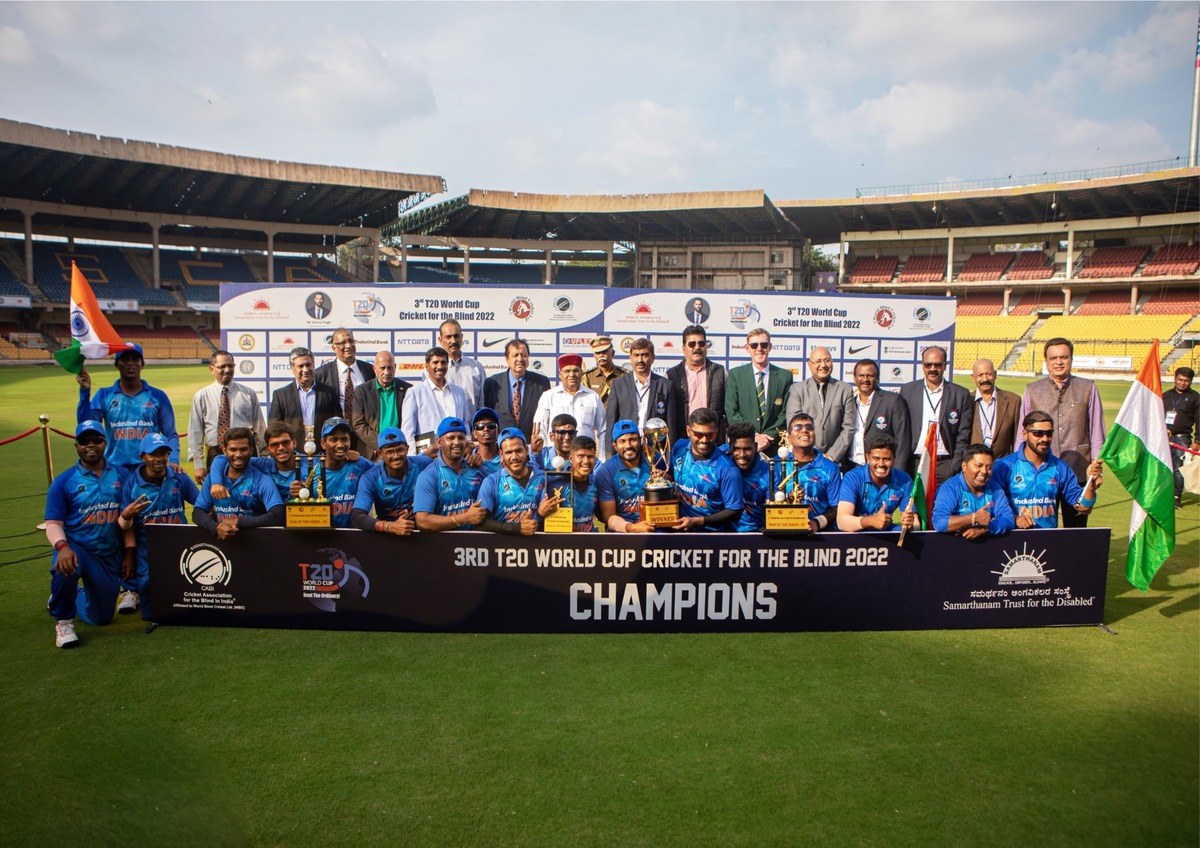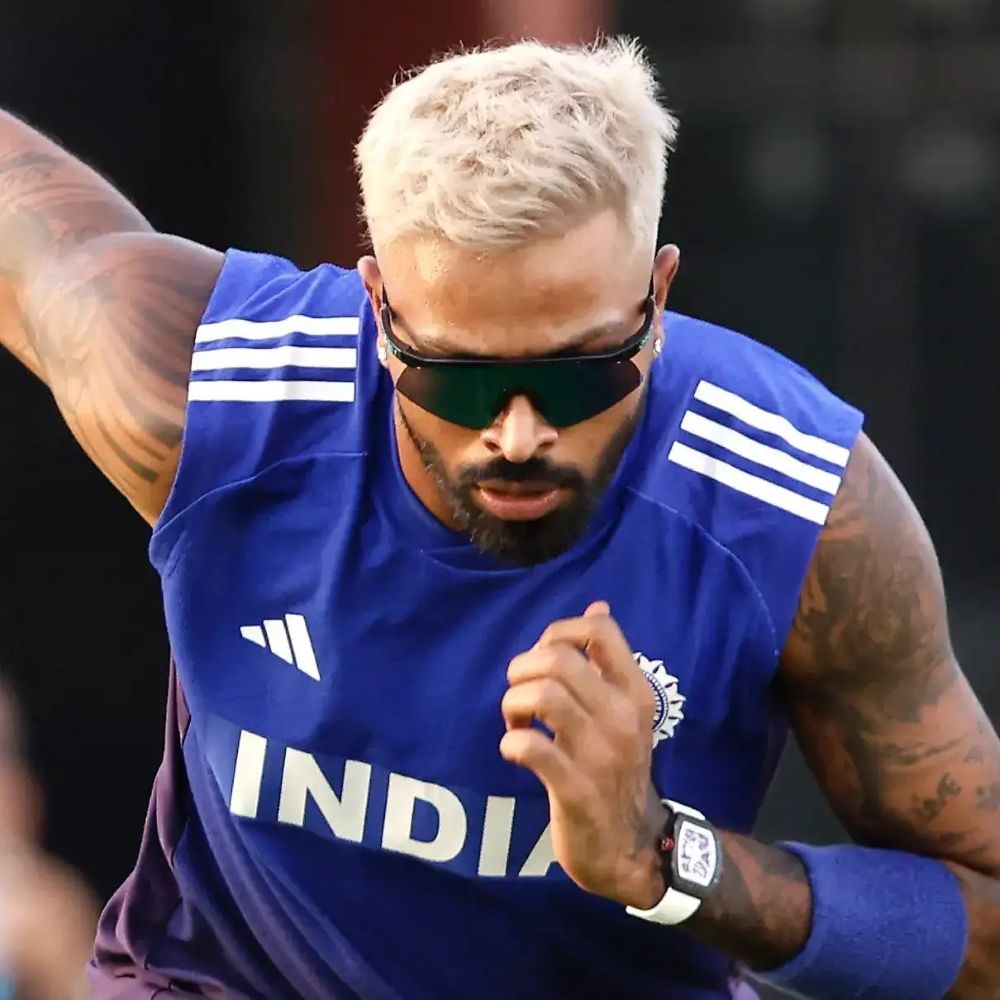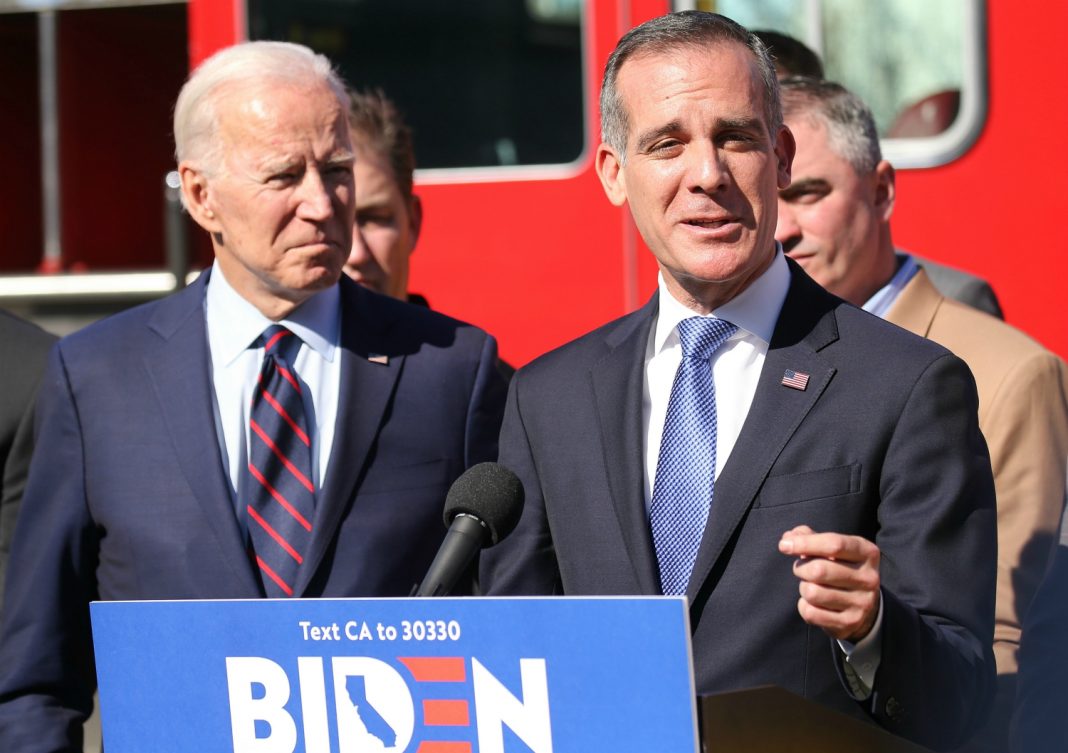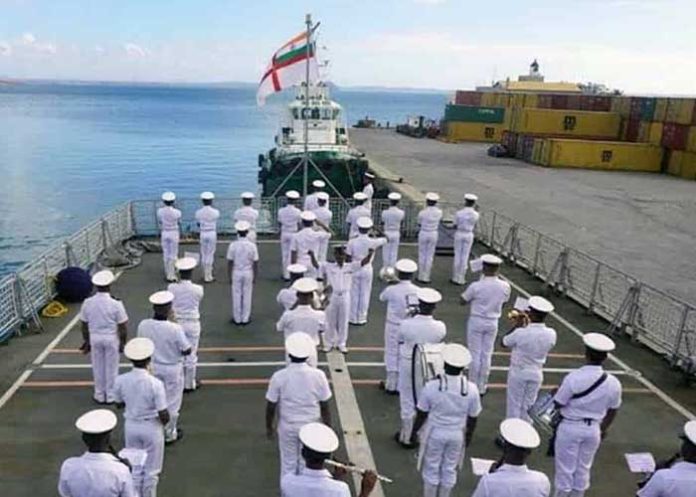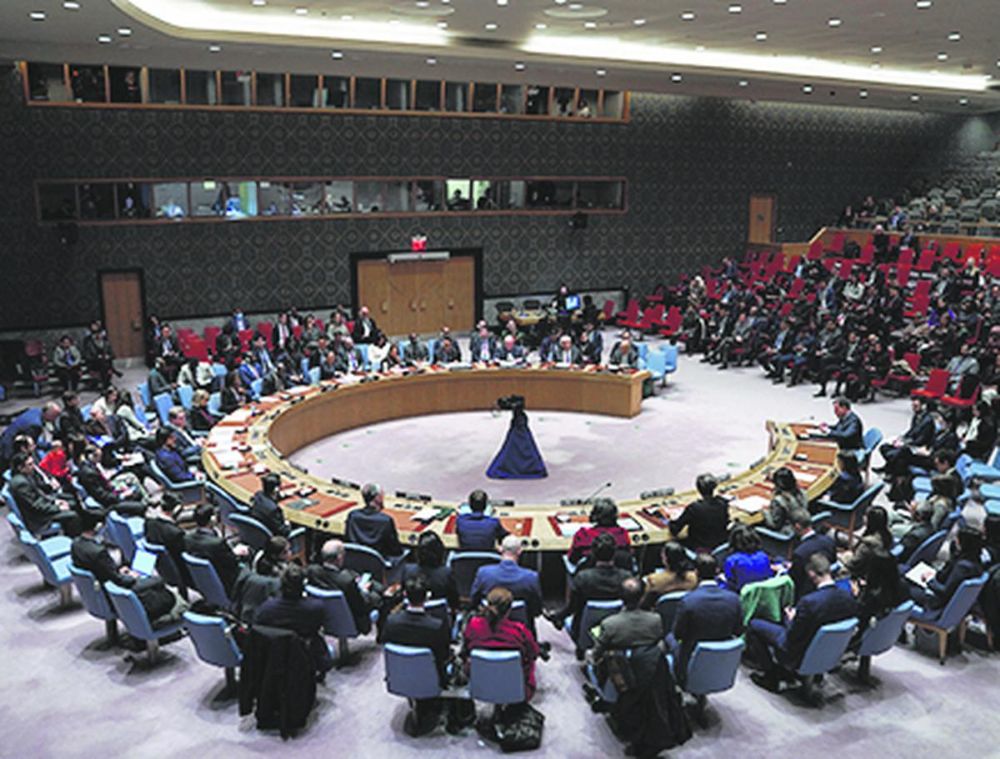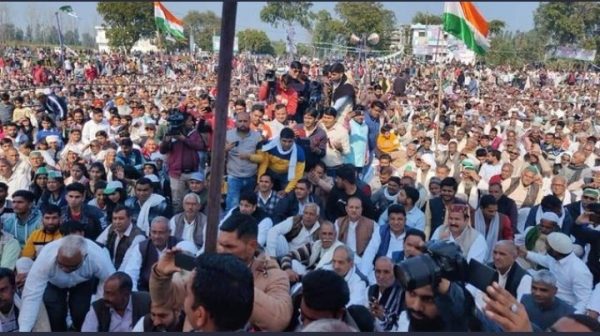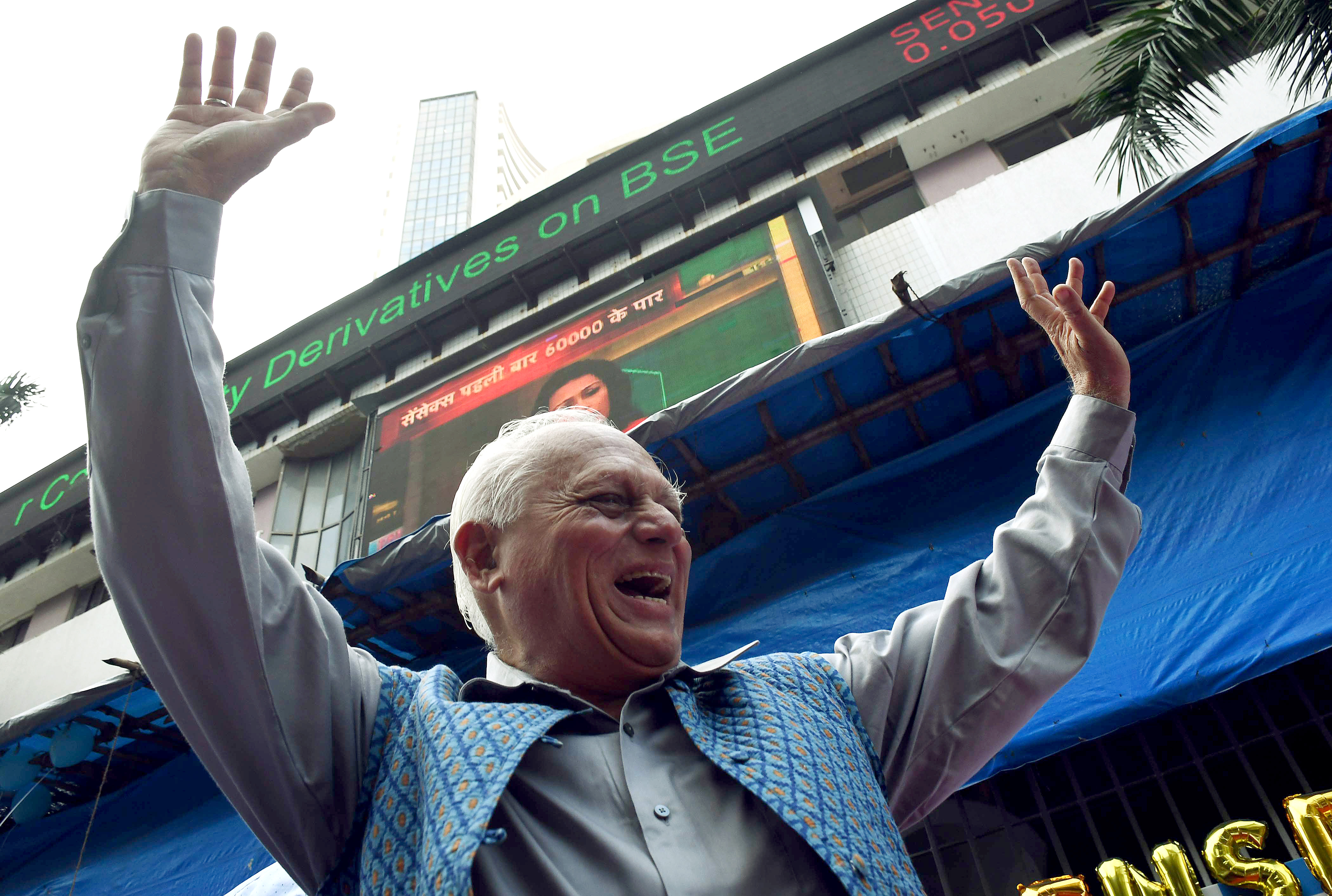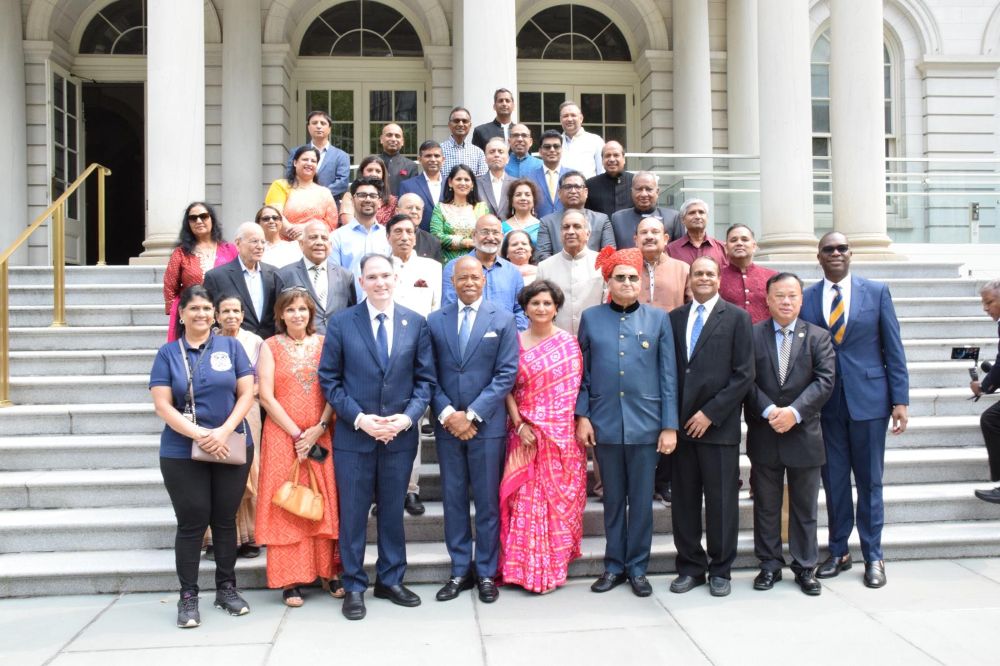Archan Mehta
San Jose, CA
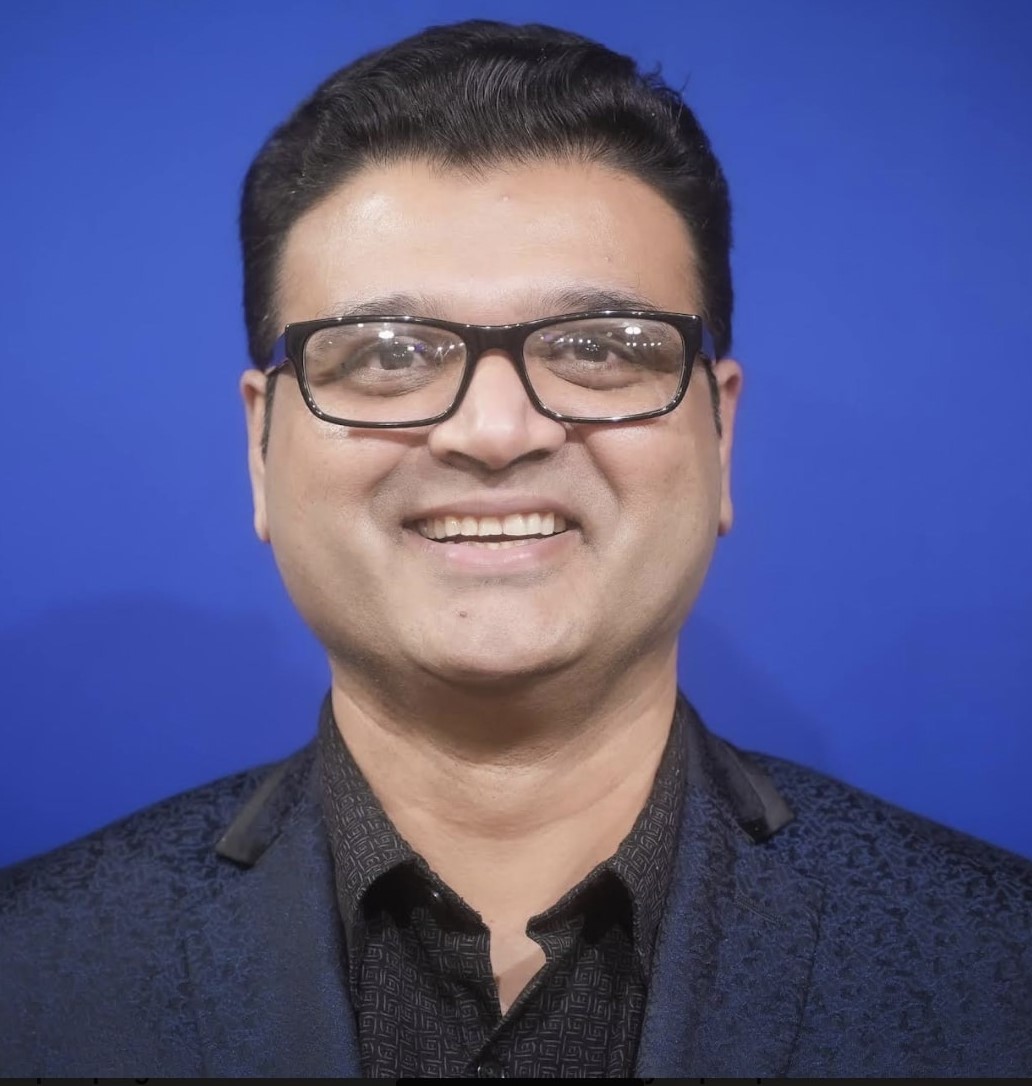
The Indian Men’s Cricket Team for the Blind embarked on a historic US tour from mid-July to mid-September, supported by the Subu Kota Foundation. They played in nine major cities including San Francisco Bay Area, Boston, New York, and Los Angeles, with the goal of raising awareness and funds for Samarthanam’s efforts to promote blind cricket globally.
The tour not only highlighted the team’s incredible talent and dedication but also strengthened the international presence of blind cricket, amplifying its reach and inspiring visually impaired athletes around the world. The Indian team has won five world cups — three T20I and two ODI world cups.
The game of blind cricket itself is a modified version of the traditional sport, adapted to the needs of visually impaired players. The field and boundary are smaller, with larger, brightly colored stumps and a ball designed to make noise so players can track its movement. Teams consist of a mix of fully blind B1, partially blind B2, and partially-sighted B3 players, ensuring a fair and balanced competition. Underarm bowling and additional rules, like calling out “play” or “ready” to assist fully blind batsmen, make the game accessible while maintaining the competitive spirit of cricket.
CABI’s continuous efforts to promote the sport and organize global tournaments are vital to keeping blind cricket in the spotlight, showing the world that disability does not limit potential and that visually impaired athletes can thrive on the field. With the support of cricket legends and global organizations, blind cricket is set to reach new heights, inspiring many to pursue their dreams without hesitation.
One of the standout players and current captain of Indian Cricket team for Blind, Durga Rao, shared his journey of how cricket transformed his life. Inspired by India’s Blind Cricket World Cup win, he made his way from playing locally in Hyderabad to representing India at just 16. Like many visually impaired athletes, Rao found both opportunities and respect through the sport. His hope is that increased recognition of blind cricket will inspire more support for the game worldwide, offering more opportunities to players with visual impairments. Durga went on to say the team had the opportunity to meet with Prime Minister Narendra Modi. What began as a brief 15-minute session turned into a 45-minute conversation filled with encouragement and inspiration. Durga revealed how he lost his sight at six and how his uncle’s support helped him overcome the challenges. His passion for cricket, playing every day as a child, deeply resonated with the team, motivating them further.
Shekhar Naik, former captain of the Indian Blind Cricket Team, led India to two historic victories—winning both the 2012 T20 Blind Cricket World Cup and the 2014 Blind Cricket World Cup. His incredible contributions were honored in 2017 when he received the Padma Shri, India’s fourth-highest civilian award. Following in his footsteps, Ajay Kumar Reddy, another former captain, received the prestigious Arjuna Award in 2023 for his outstanding contributions to the sport.
The team’s diversity and talent span across players like Sanjay Shah, a B1 category player from Delhi, who shared his experience of facing Pakistan’s Badar Munir in a recent match. His camaraderie with fellow players and friendly international competition highlights the positive atmosphere within blind cricket. Pankaj Bhue, a B3 player from Orissa, has been representing India since 2011. He showcased his versatility by performing exceptionally in the 2012 World Cup and also won bronze at the National para-athletics and is a talented musician who plays dholak and piano.
The team’s young talent is also shining through with players like Nilesh Yadav from Jaunpur, Uttar Pradesh, whose passion and dedication have earned him a place in the national team. Yadav’s journey reflects the growing opportunities for visually impaired players to showcase their skills on a global platform.
Dr. Mahantesh G Kivadasannavar, co-founder of the Cricket Association for the Blind in India (CABI) and a visionary born blind, has played a significant role in empowering disabled individuals across the country. His passion for cricket led him to channel his efforts into promoting blind cricket, culminating in the establishment of CABI. This organization governs blind cricket in India and organizes tournaments across various levels, from district to national, identifying talent and nurturing the sport’s growth.
CABI’s mission, supported by the Samarthanam Trust for the Disabled, is not only to develop cricket for the blind but to inspire visually impaired individuals to break societal barriers and pursue their dreams. Their efforts have led to India’s dominance in the sport, with victories in the T20 World Cup and ODI World Cup, and continued success in international tours.
Dr. Mahantesh indicated that he believes in building a society where people with disabilities are potential tax-payers, not just recipients and would also want cricket for blind to be included in the LA2028 Paralympics. While the US tour for the team has been a success in terms of awareness and promoting the game, these sportsmen go on to prove that true vision lies not in sight, but in the courage to dream and the strength to overcome every obstacle.
Archan Mehta is a writer dedicated to telling compelling stories about athletes, teams, and the world of cricket
















